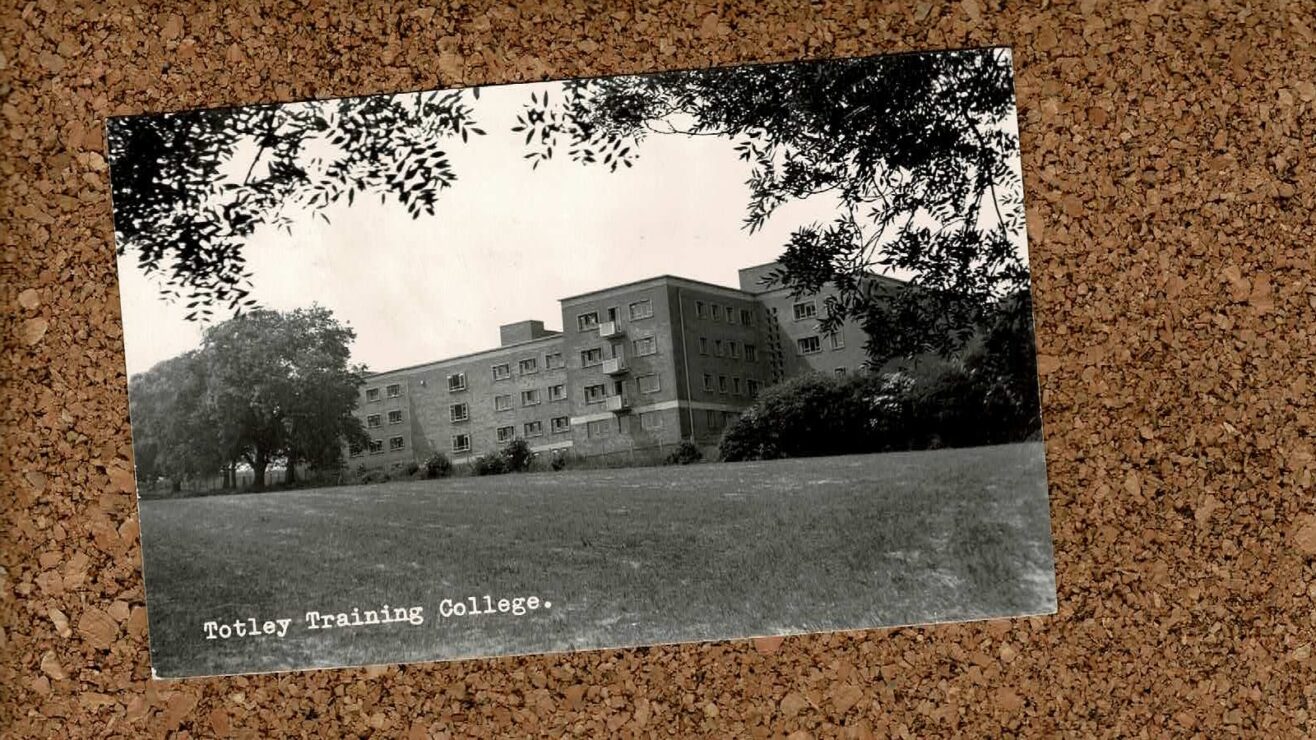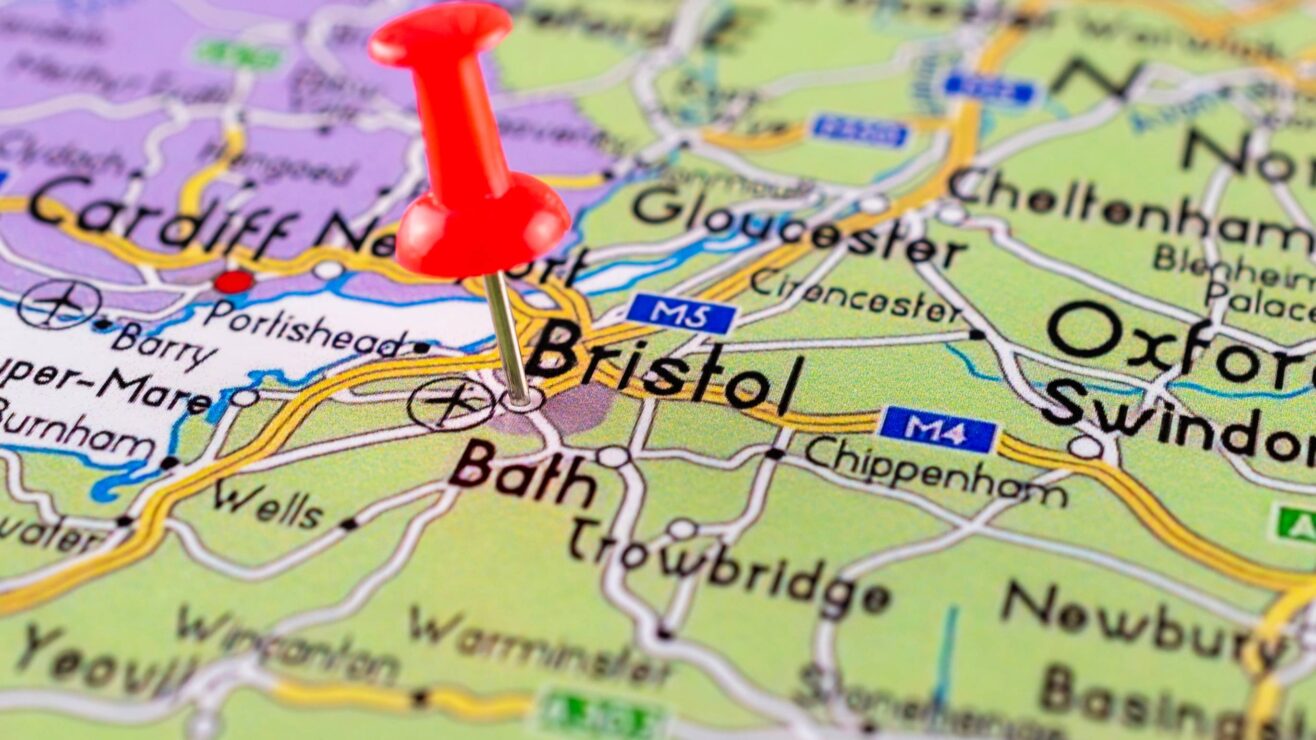Do you ever think about why your degree is called a Bachelor’s or a Master’s? Where did these titles come from? Why do university degrees confer such male-orientated titles? How does this make our graduates’ feel?
Suki Doe has a Master’s Degree in Sociology from a popular university. But she wishes she hadn’t. It’s not that she regrets her degree or her studies – far from it. Rather, she’s perplexed as to why her gender was transmuted against her will when she achieved her academic goals:
As I was sitting in my graduation ceremony, waiting for my name to be called out, it suddenly dawned on me that, here I was, on the day of my greatest achievement to date, and I was about to be conferred a Master’s degree.”
I’m always mildly irritated when I order things online and the default setting when filling out your personal details is “Mr”. But I guess compared to no choice at all, as in the conferment of degree titles, this position doesn’t seem so bad.”
If you stop to think about it for a moment, the awarding of degrees with nomenclatures of “masters” and “bachelors” is overwhelmingly gendered and colonial, which largely goes unnoticed. Surely, in 2020 this medieval practice is outdated and unacceptable. Don’t our current 1.5 million female, nonbinary and BAME students in the UK deserve better than to receive an award with labels that serve as a constant reminder of their otherness? Well, we can change this – we can do something about this.
The history behind our degree titles
In the history of higher education, the degree titles we still uphold derive from the medieval curriculum standards of university. Medieval universities offered prospective students the opportunity to earn a Bachelor’s degree, promptly followed by a Master’s.
A Bachelor’s degree back then was always related to Art as a general qualification after 3 years of study. After the completion of a Master’s degree, any student would be qualified to teach virtually any subject at any institution. High-ranking institutions such as Oxford and Cambridge predominately enrolled higher-class male students wherein most were compelled to pursue a career that was not teaching. Therefore, obtaining a Master’s degree wasn’t seen as essential and fell out of favour.
At the turn of the 19th century, some universities determined more examinations and proper structures should be introduced to reaching a Master’s degree. It was proposed that after students complete their Bachelor’s degree, they be expected to study and work diligently to obtain a Master’s degree through arduous examinations. Some say this change in curriculum structure portrayed earning an MA as an unattainable feat that only the brightest students could achieve.
Students of the past were predominately men of the higher class, but much has changed since then and our current students come from a much wider range of demographics and personal characteristics, which are not represented by these titles.
International comparisons
Some countries and individual institutions have either never adopted such gendered and colonial titles, or have changed them in recent years.
To explore this further, we looked at 100 countries and their degree nomenclature. We found an interesting mix where:
- 55 of the 100 countries use gendered nomenclature for both their “Bachelors” and “Masters”.
- A further 26 of the countries have gender-neutral nomenclature for either their Bachelors or Masters, but not both.
- 19 of the countries use gender-neutral nomenclature for both Bachelors and Masters.
What was most intriguing, however, we found documents from University of Guelph, dating back to 1995, highlighting gendered degree nomenclature as a problem which should be addressed.
The document also points out that three other Canadian universities including Concordia, York and Western have addressed this issue by giving students the option to request to have their degree under the new nomenclatures of Baccalaureate for Bachelors and Magistariate for Masters. This was later also adopted by the University of Waterloo. So, the question is, why did we stop talking about it? Why not take this initiative forward?
A call to action
So does it really matter? Well, yes it does. Certainly, to the 1.5 million students that are not male, who graduate each year and have to be satisfied with a label that recognises their hard work but does not recognise them.
This is not about ignoring the history of higher education, or tearing down statues to Cecil Rhodes in the name of wokeness. This is about showing respect to all of our students, not just the privileged white males who were once the sole beneficiaries of university education. If we really want to decolonise higher education, we could do worse than to start by challenging these established colonialisms and to critically question some of the axiomatic assumptions behind these labels.
And what would it take to change this? Well, this is the beautiful thing. It would cost virtually nothing and require little effort. Yes, it is true that we, the higher education sector, could spend a lot of proverbial ink discussing decolonisation, and we have a long history of that when it comes to addressing similar matters.
In a recent book, Chelsea Kwakye and Ore Ogunbiyi compared the rhetoric universities use to describe their inclusivity with the reality and they swiftly discovered a large gap between what universities do and what they claim to do.
Chelsea and Ore suggested that universities have become sophisticated in non-performative institutional speech acts when it comes to addressing equality.
But we have a choice. We can continue to tread gingerly around such topics, creating demands for “more research”, hide behind excuses of administrative quagmire and the protocol minefield or we can decide to navigate the moral maze and demand that such outdated practices come under public and permanent scrutiny. We can start today, making change one step at a time, because history is something that should be celebrated, but it should not get in the way of good judgement.
So after considering the history and the many names our degrees have internationally, is a change to degree titles imperative in order to reflect our diverse graduates? Can something like a degree title change despite its legacy associated with one gender’s intellect and accomplishments?
One student adds:
While the drop-down menu in my online shopping gently irks me, and I sometimes can’t be bothered to change the default, when it comes to something that I have invested in so heavily, in time, commitment and money, I would like the opportunity that the title conferred reflects both my achievement and me – please.”















Thanks for an interesting and thought provoking article. I have two comments though:
1. Whilst the terms Bachelors and Masters are clearly gendered, you also refer to them as colonial. I don’t see how they are, so perhaps that is something you can expand on?
2. It’s fascinating that a gender-neutral degree title has been an option in some Canadian universities for 25 years. So what does the data tell us? What percentage of graduates have opted for the gender neutral title?
There’s no harm being caused by the current names. Just another performative attempt at activism but does nothing except be annoying and waste space and time for real action that would help dismantle structures against women and people of colour.
Apologies if I am being chauvanistic but is this actually something that bothers many females? There are just so many more pressing gender issues one can put their energy and time into?
As a female, it’s never really bothered me because I never thought about it. Having thought about it I’m still not particularly bothered.
Having said that, I would still prefer a general societal shift to ‘not being the other’ and the ‘default human’ being sometimes male and sometimes female, I think it’s things like that that can help with that. Gender neutral for something so ubiquitous is definitely a micro step in the right direction.
Females xD
But yeah there’s this crazy thing where people can care about multiple issues of varying seriousness who knew
It bothers me. It’s not on my top 10 things that irritate me every day but when I have to list my credentials it bugs me.
I have discovered that re-naming things has a bigger impact than we think. I took over a group with the acronym PMS. I didn’t like that and it didn’t really fit what we did. Working with my group to change it actually made the staff who weren’t part of the P or the M feel included more than they had before. I was surprised how much difference it made to them.
I was googling around trying to work out what magistariate means and came across an earlier reference to this happening in Canada which may be of interest (the article here refers to 1995 at University of Guelph). There is a cover story in the Calgary Herald from 1 June 1991 ‘Women may put an end to bachelors’ that says “Montreal’s Concordia University has set a Canadian precedent by taking the first official step in removing gender-specific words from degrees. A committee there has recommended the terms master, bachelor, and doctor be replaced with magistariate, baccalaureate, and doctorate to avoid any… Read more »
MAs probably need all manner of reform, not confined to their naming. In the case of BAs though, the stem word is usually considered to be baccalaureate. As in international baccalaureate or European baccalaureate. It means the handing to a student either a bacca lauri (a laurel berry) or a baculum (a wooden staff) – both symbols of success many centuries ago. Peter Rowlett is correct to observe that there is no colonial link. In terms of etymology, there is no gender link either.
True. A BA is not actually a Bachelor’s degree. Bachelor is really a bastardization of the word Baccalaureate, which is gender neutral. I’m surprised these highly educated feminists don’t know this.
Plus, it obviously no longer means it is intended for bachelors only since it’s also obtained by women and married men in modern times. The meaning of words change based on time and context. These writers also don’t realize that Mr comes before Mrs and Ms in an alphanumeric list and is why Mr shows up as the default first option in their shopping cart pages. It’s not due to a chauvinist conspiracy. The alternative – leaving nothing as the default – would not be a smart design move in the e-commerce world. As a woman with a Master’s, I… Read more »
As a lifelong feminist with two Masters degrees (and soon to begin studying for a third), insofar as I have ever seen these terms as gendered I have been delighted to appropriate them for the ‘other side’. There is always a danger when you start changing words based on their assumed etymology that you get yourself into an even worse mess, viz. the move to replace ‘pedagogy’ with ‘androgogy’. Preferable perhaps to adapt or allow to evolve the existing terms.
Andragogy, even. Oops.
Yep, I’m nonbinary and I completely agree with you here. It’s a step backwards to start policing what words should refer to people of specific genders. “Master” has been used gender neutrally for years.
This was my thought exactly, the way we use the word master in society is largely gender neutral. Non male artists can create master works, they can master instruments or concepts, and if they lead a project they are that projects master. While words root meanings are interesting and valuable, it’s (in my opinion) far more important to focus on the way we use the words now. The word Doctor has roots in masculinity and patriarchy too, note the masculine conjugation -or ending, but the word currently is gender neutral.
I don’t see Master as male as much as it is elitist. I don’t want to be anyone’s Master – I prefer to work in more collaborative ways.
In Malaysia, we call Junior Scholar for bachelor degree, Scholar for Masters and Doctor for PhDs
Much the same, in Canada we may also refer to post secondary education as undergraduate (or undergrad for short), graduate and postgraduate for B, M and PhD respectively.
Doesn’t the term master refer to the perception that the person awarded the qualification has mastered the subject, and not that they are a master of other people. Like the author pointed out, its original use was to indicate that the ‘master’ could teach. The fact that women at that time did not achieve the qualification does not to my mind mean that the term is gendered. This might be a clumsy analogy, but the term ‘soldier’ would not until relatively recently have been associated with women, but isn’t considered gendered. As for the term bachelor, this originally simply meant… Read more »
I don’t really understand why colonialism is being brought into this discussion. I think it’s important to distinguish between connotations of gender and actually gendered language: the word doctor may have male connotations but it certainly doesn’t refer only to men, just like the word soldier. Nice sentiment to the article but having read the comments, more sources and research could have been consulted!
I have to wonder how willful this obtuseness is. “Master” is a derivation of “maegister”, of course, and simply means “great”. This academic use has been around for a thousand years. Where exactly does being “anyone’s Master” in some sort of driver-and-bondsman sense come into play? To master a subject, to devote yourself wholly to that subject and develop truly profound ideas based on that devotion, is in no sense elitist or dominating. When you have done thus you are (rightly) regarded as a “maegister” among peers because you have done laudable work in a field, work that few would… Read more »
I am reading this article while in hospital ill. I am attended by numerous graduates and post graduate dedicated professionals. Nurses, doctors, physios etc of both sexes and many races. As I reflect on their dedication and commitment I am struck by the utter self absorption and futile pointlessness of articles of this nature. This drivel seems in no way to advance human fulfillment, happiness or wellbeing. Anyone with the time to dedicate to discourse of this sort should re-examine their priorities.
Ah yes, the “priorities” argument. Shame no one does this when cis white men want change 🙄
But then again you lot aren’t exactly revered for enacting any change that doesn’t benefit colonialism
(By the way, If u don’t understand why language has to evolve, you clearly aren’t educated enough to comprehend this “drivel”. Funny how it’s always labelled “drivel” by men like you when it comes to thinkpieces from Afabs and people of colour, God can’t think why 🤔🤔🤔🤔)
Hint: it’s western imperialism, always was xD
Oh gosh you’re one of those kinds of people
I have to say that this isn’t much of an argument and isn’t doing the cause which you presumably support any favours. And like many other commentators, I have yet to see any argument or evidence that colonialism comes into this at all, and the argument that gender does is weak.
Shut up and get back in the kitchen Jesse
I have read all comments so far and I am astonished by the ignorance and lack of ability to accept that other people are allowed to feel the way they want to feel about certain things that have nothing to do with them. Firstly, all men commenting and trying to express how stupid this is in your opinion as if you are trying to talk women out of wanting to be addressed however they want to be addressed, is genuinely very upsetting. Especially, when it comes to such a major and important matter of education and academic status, which one… Read more »